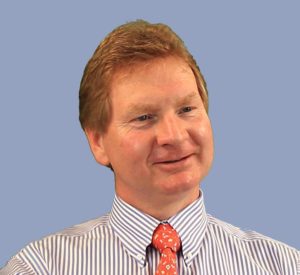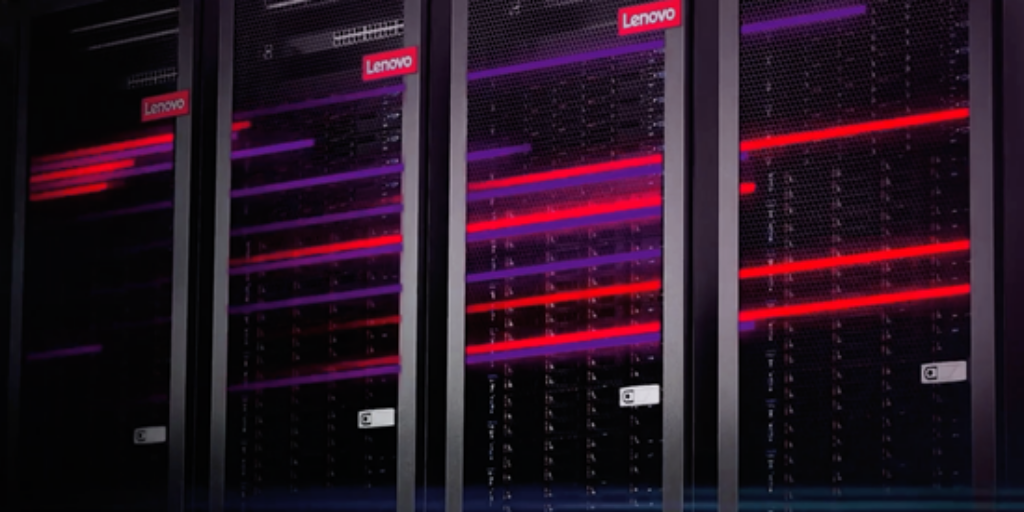
Colin P. Williams, D-Wave Systems
In this video from the International Workshop on Advanced Computing and Analysis Techniques in Physics Research, Dr. Colin P. Williams from D-Wave Systems presents: Quantum Computing for the Real World Today. His focus for the talk centers around using quantum computing for machine learning.
Quantum Computing for the Real World Today Despite the incredible power of today’s supercomputers, many complex computing problems cannot be addressed by conventional systems. The huge growth of data and our need to better understand everything from the universe to our own DNA leads us to seek new tools that can help provide answers.
While we are only at the beginning of this journey, quantum computing has the potential to help solve some of the most complex computing problems organizations face. We expect that quantum computing will lead to breakthroughs in science, engineering, modeling and simulation, healthcare, financial analysis, optimization, logistics, and national defense applications.
D-Wave’s latest-generation system is the D-Wave 2000Q quantum computer. With 2000 qubits, it is the most advanced quantum computer in the world. It is based on a novel type of superconducting processor that uses quantum mechanics for computation, enabling it to evaluate an enormous number of possible solutions simultaneously. The D-Wave 2000Q quantum computer is best suited to tackling complex problems that exist across many domains, such as:
- Optimization
- Machine learning
- Sampling / Monte Carlo
- Pattern recognition and anomaly detection
- Cyber security
- Image analysis
- Financial analysis
- Software / hardware verification and validation
- Bioinformatics / cancer research
Prior to joining D-Wave, Dr. Williams was Senior Research Scientist (SRS) and Program Manager for Advanced Computing Paradigms at the Jet Propulsion Laboratory, California Institute of Technology. Earlier as an Acting Associate Professor of Computer Science at Stanford University, he taught courses on Quantum Computing and Quantum Communications, and computer-based mathematics.




